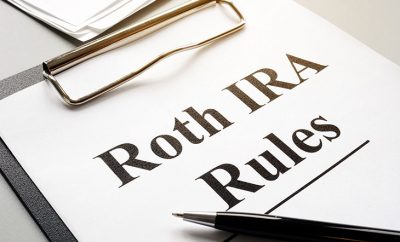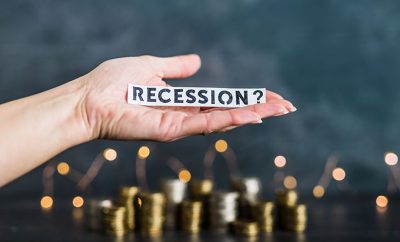-
Why Solely Depending on Social Security Might Not Be Sufficient for Retirement
Social Security, a cornerstone of American retirement planning for decades now, has been perceived as a reliable safety net for retirees. It’s often thought ... -
The Advantage of Healthcare in Your Retirement Portfolio and its Costs
A healthcare bucket is an essential component of a savvy retiree’s portfolio, dedicated specifically to meeting the medical expenses that may occur during their ... -
How Retirement Planning Impacts Your Well-Being
Retirement planning has traditionally been perceived as a financial endeavor. It is aimed at securing your future and providing financial stability for both yourself ... -
Why You Should Aim for Retirement Savings Worth 10 Times Your Annual Income by Age 67
How much to save for retirement is a question that often looms large in financial planning, especially as you get closer to 67 years ... -
Don’t Neglect Your 401(k) If You Get Laid Off
Losing a job can be a daunting experience. The abrupt transition from regular paychecks to a state of unemployment can lead to significant financial ... -
Are Social Security Benefits Subject to Income Taxes?
Social Security is a federal old-age, survivors, and disability insurance program administered by the Social Security Administration (SSA). It offers retirement benefits and disability ... -
40 Things To Do While Preparing for Retirement in Your 50s
Retirement is a significant milestone in life. You may have spent all your adult life preparing for it, putting away your hard-earned money in ... -
6 Surprising Facts People May Not Know About Roth IRAs
The Individual Retirement Account (IRA) is one of the most popular retirement savings vehicles. The account can be opened with a credit union, bank, ... -
How The Sequence of Returns Risk Can Shape Your Retirement?
When you create a retirement plan, there are several factors you need to look at. This can include your financial goals, risk appetite, time ... -
How To Start Planning For Your Retirement In The Latter Part Of Your Career
Most financial experts recommend starting retirement planning at the beginning of your career, ideally in your 20s and 30s. There are several benefits to ...











